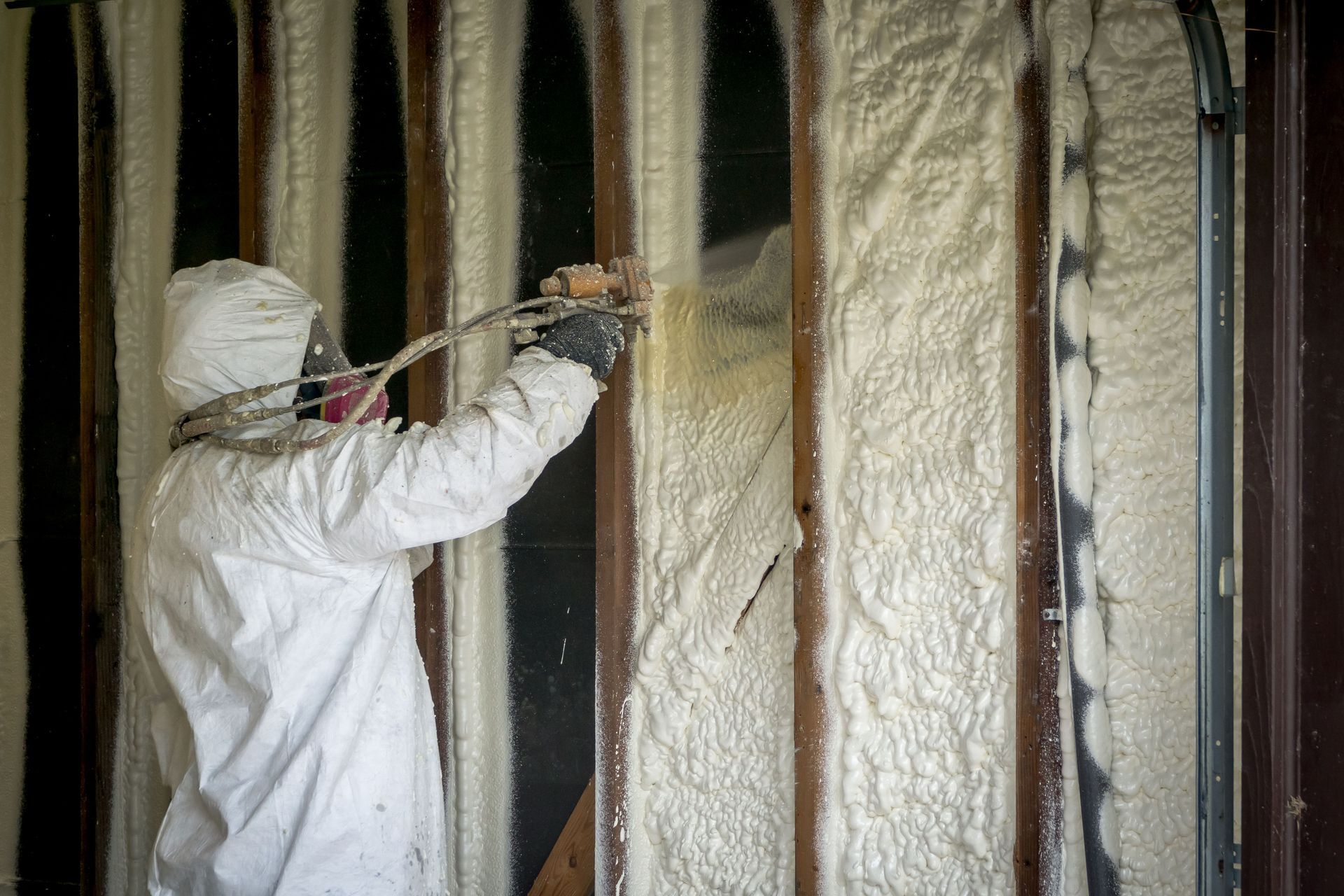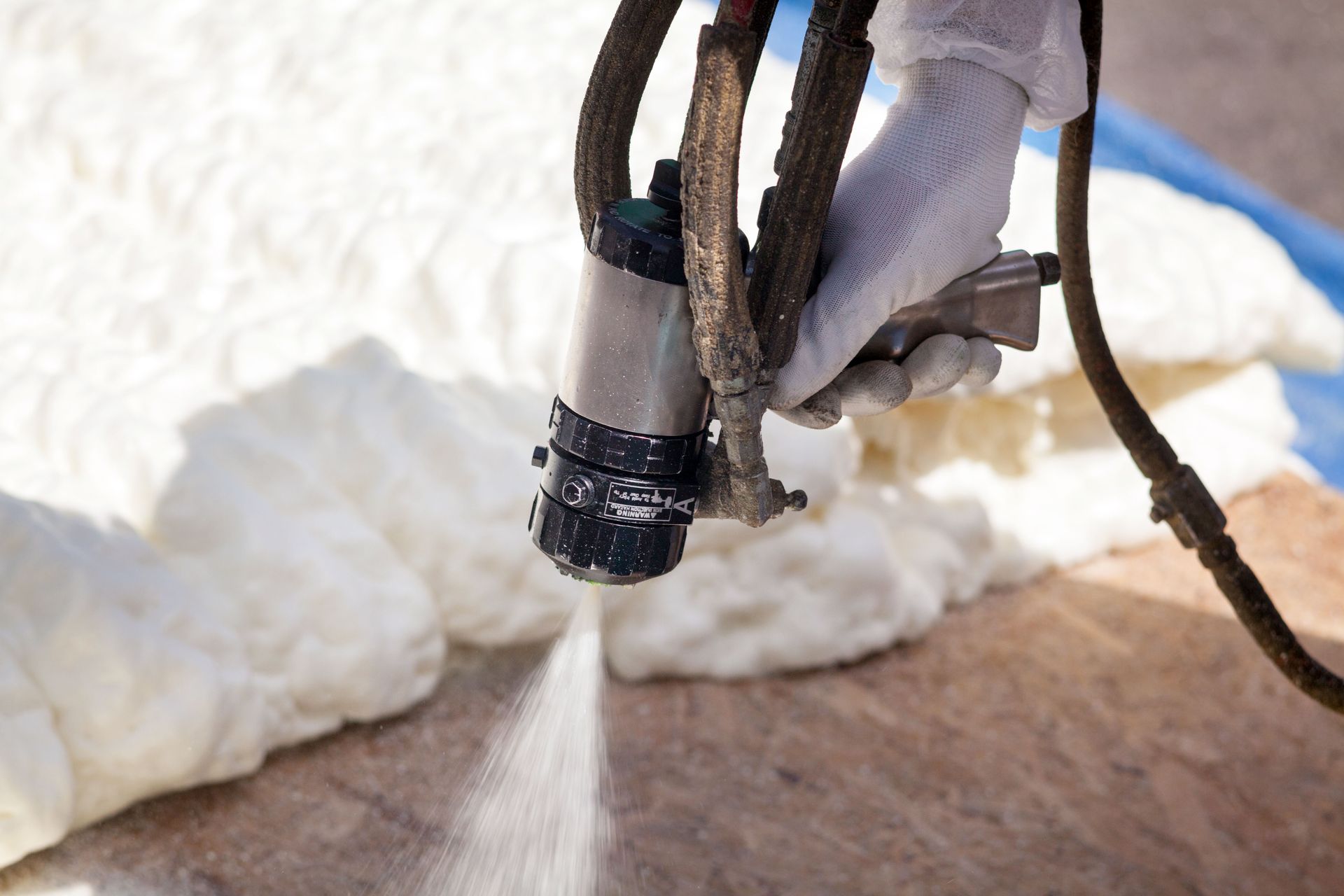How Is Spray Foam Different From Other Types of Insulation?
Insulation plays a pivotal role in improving energy efficiency in homes and buildings. Among the various types of insulation available, spray foam insulation has gained widespread popularity due to its unique properties. But what sets spray foam apart from other insulation materials? Many spray foam insulation companies emphasize these unique benefits when helping homeowners choose the best option for their properties.
Applying Spray Foam Versus Traditional Insulation
One of the main distinctions of spray foam insulation is its application process. Unlike fiberglass batts or cellulose, which come in pre-cut panels or loose-fill, spray foam is applied as a liquid that expands into a thick foam, sealing gaps and crevices upon drying. This property gives spray foam an exceptional air-sealing ability, surpassing that of other insulation types. The expanded foam not only insulates but also acts as an air barrier, which can result in superior energy savings by reducing air leakage. Reputable spray foam insulation companies train their technicians to apply the material precisely, ensuring every gap is covered for maximum efficiency.
Preventing Moisture Problems With Spray Foam
Another significant difference is the moisture resistance provided by spray foam. Traditional insulation materials like fiberglass can absorb moisture, potentially leading to mold growth and a decrease in thermal effectiveness. In contrast, spray foam is impermeable to water, helping to prevent mold and moisture issues within the insulated areas. This property makes it ideal for areas prone to dampness, such as basements and crawl spaces, where moisture problems are more prevalent. Many spray foam insulation companies recommend it for these environments specifically because it reduces the risk of costly water damage.
Considering the Cost and Long-Term Value
The cost of spray foam insulation is often a consideration for many homeowners. According to This Old House, spray foam insulation can have a lifespan of up to 80 years, which makes it a great long-term investment. The durability and effectiveness of spray foam often mean it does not need to be replaced or upgraded as frequently as other types of insulation, adding to its cost-effectiveness over time.
Spray foam insulation offers several advantages over traditional insulation types, including its superior sealing capabilities, moisture resistance, and long-term energy savings. Understanding these differences is crucial for making an informed decision when it comes to selecting the most suitable insulation for your needs. For all of your spray foam insulation needs, contact Glenn Insulation, LLC today!




Share On: